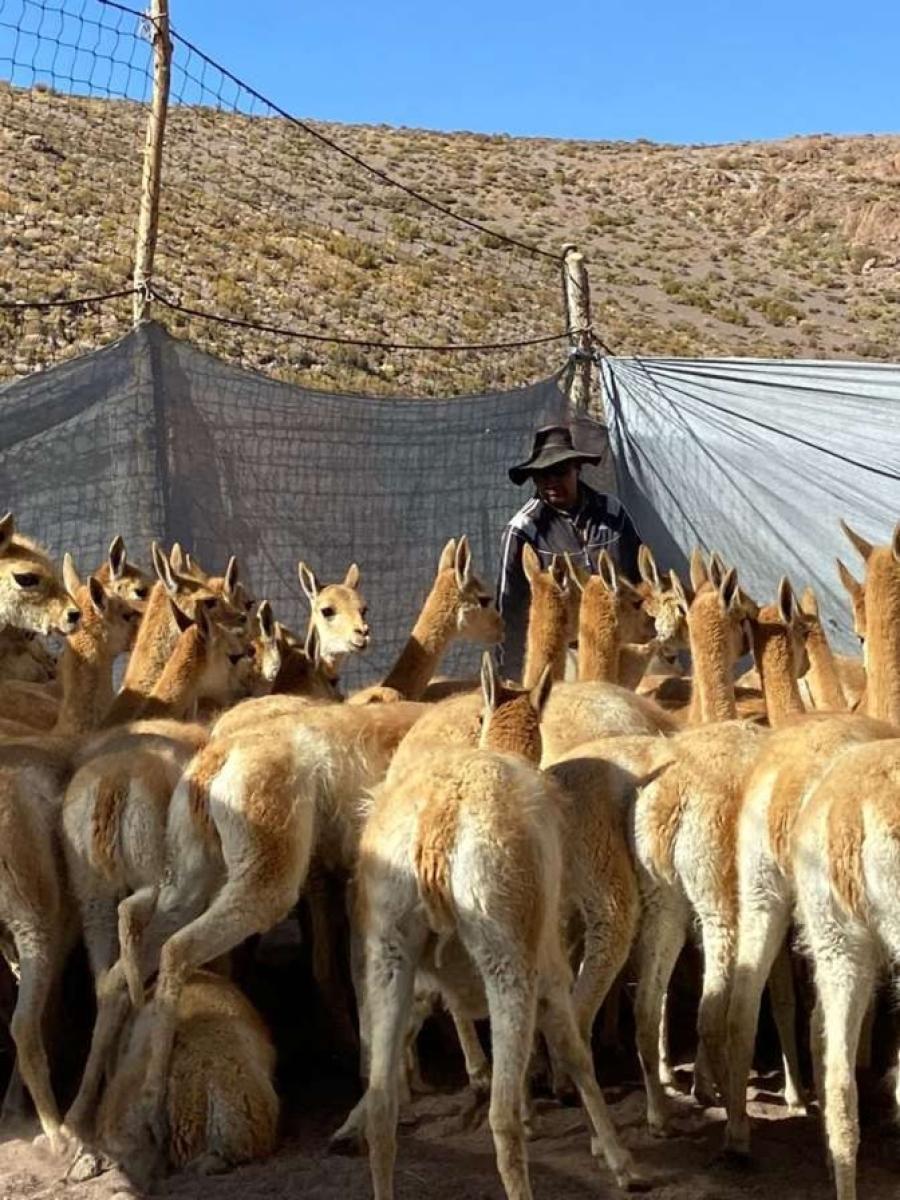MITROVICA, Serbia and Montenegro, Jan 9 (Reuters) - Kosovo Roma living in lead-contaminated camps since their homes were razed by Albanian mobs six years ago rejected an offer of temporary housing in a former French barracks on Monday.
"We have had enough moving from camp to camp," said Elizabeta Bajrami, a Roma official in the local council. "The U.N. says we will be there just for six months, but we don't believe that," she told Reuters.
About 800 gypsies live in three camps of cardboard huts draped in plastic sheeting, near a waste dump from the Trepca lead mine. Tests by the World Health Organisation have shown the level of lead in children's blood is "at a critical level" and the Red Cross has warned of a "medical tragedy".
The United Nations, which has run the southern Serbian province since the end of the 1998-99 war, opened the French military base to the Roma on Monday after years of criticism from international aid agencies.
It said Camp Osterode, recently vacated by French troops of the NATO-led peace force, could house up to 560 people until their original homes in the so-called "Roma Mahala" are rebuilt, possibly within the year.
The Mahala in Albanian-dominated south Mitrovica was one of the largest and oldest gypsy communities in the former Yugoslavia, a kilometre-long stretch of housing on the Ibar River that divides the town between Serbs and Albanians.
Home to 7,000 Roma, it was destroyed in revenge attacks by Albanians on Serbs and other minorities seen as collaborators in years of repressive Serb rule. The bureaucracy and general inertia that hamstring Kosovo have delayed its long-planned reconstruction, now just beginning.
Roma leaders said accepting another temporary solution would only mean further delay.
The U.N. took over Kosovo in 1999, after NATO bombing drove out Serb forces accused of atrocities against ethnic Albanian civilians in a two-year war with separatist guerrillas.
The province has been in limbo since, with the 90 percent Albanian majority demanding independence and Serbia saying it will not let Kosovo secede. A internationally mediated decision on its status is expected by the end.
By Branislav Krstic


